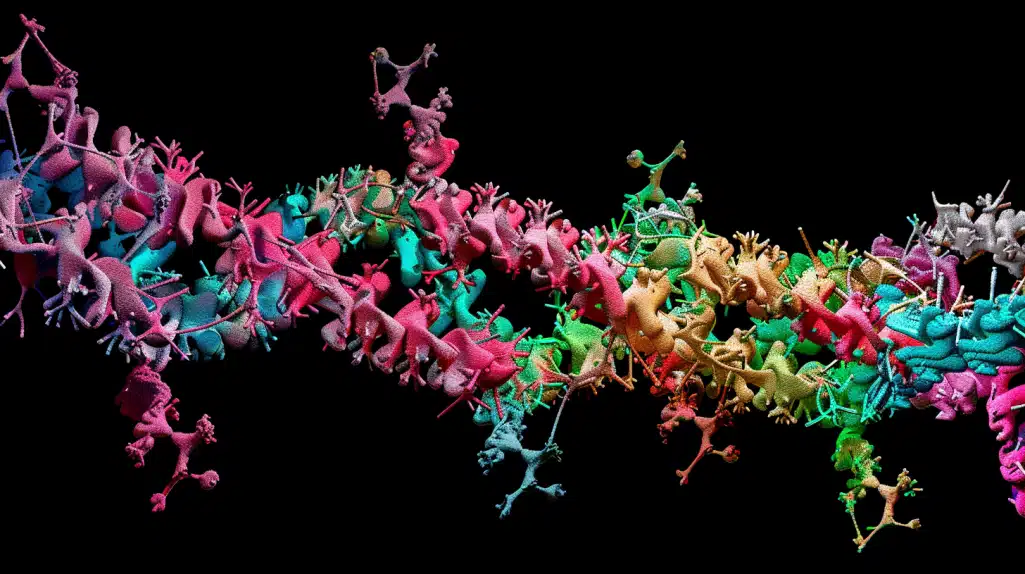Gene Editing with CRISPR/Cas9 to Treat Corticosteroid-Induced Neuropsychiatric Disorders (2023 Review)
The widespread use of corticosteroids (CCSs) across the globe for treating inflammatory conditions has led to an increased incidence of corticosteroid-induced neuropsychiatric disorders (NPDs), raising significant public health concerns. These disorders range from depression and anxiety to severe cognitive changes, challenging the medical community to find effective treatments. The exploration of genetic and epigenetic factors …




